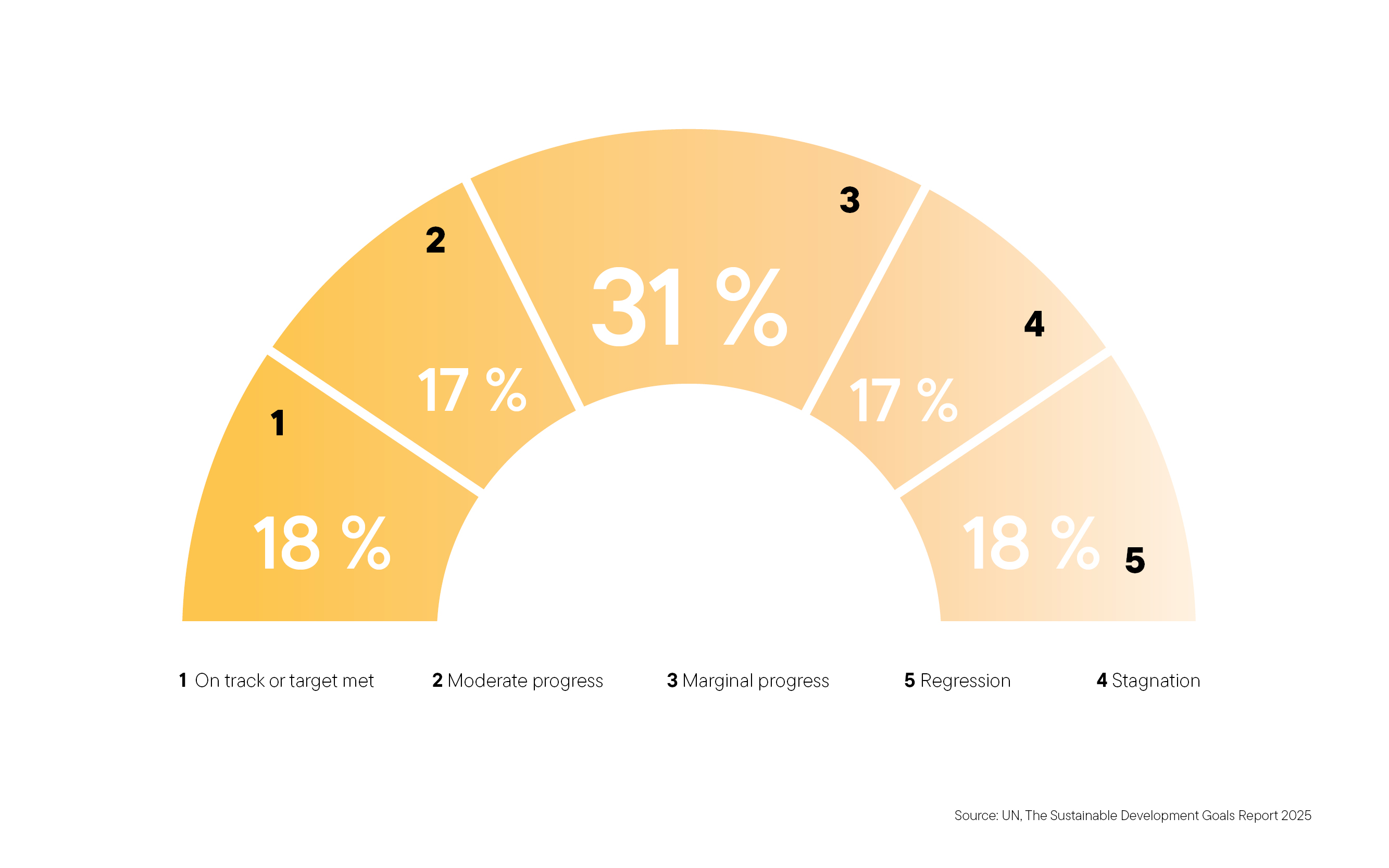Letter to the editor
Appearances are deceptive
D+C/E+Z 5/2007, p. 205
Saleem H. Ali paints a picture of Madagascar’s sapphire areas which is altogether too favourable. Programmes for environmentally and socially responsible gem extraction fall far short of substantially improving life in the areas affected.
True, the sustainable extraction of mineral resources has found its way into the national development plan and the Mineral Resources Governance Project (PGRM) has produced a few successes. However, most workers still hardly benefit from PGRM.
Labour is mostly precarious. On average, three to five people lose their lives in the mines every month, because the shafts (up to 40 m in length) lack even temporary safety measures such as support pillars or a controlled air supply. For sapphire miners, fair wages are the stuff of dreams. They earn a maximum of € 0,75 per day – less than the legal minimum wage. Most of them are unaware of their rights, so arbitrariness, exploitation and a modern form of slavery prevail.
Furthermore, the continuing influx of workers puts a strain on the infrastructure of a region where, just a few years ago, only a few wood cabins existed. Estimates suggest that more than 40,000 workers depend on sapphire mining in the gemstone-rich town of Ilakaka alone. Day labourers agree to sell what they find at low prices in return for board and lodging. Many of them are unaware of the value of the gemstones and thus completely at the mercy of the middlemen. In June 2007, a documentary film was produced on the situation in Ilakaka with the support of the Friedrich Ebert Foundation. Copies are available from the Foundation’s Madagascar office (ebert@fes.mg), along with information on usage rights and postage.
Ali refers in his article to providing gemstone miners with “both the know-how for prospecting and incentives for conservation of natural resources”. The development of a local industry would of course be desirable. However, most people concerned have never heard anything about processing locally. Mostly, donor institutions’ training seminars fail to meet workers’ needs, as these people are often illiterate.
At an international conference in October 2006, the mineworkers union FISEMA identified tangible objectives of raising awareness, education and the establishment of a stable workers’ representation for the gemstone prospectors. The main factor it considered important is that workers understand simple causal relations. They will only be encouraged to look at more complex issues such as environmental protection once their own living conditions improve. If that does not happen, on the other hand, no effort by the government to introduce nature-conservation areas will succeed.
Oliver Dalichau, Friedrich Ebert Foundation,
Antananarivo, Madagascar







